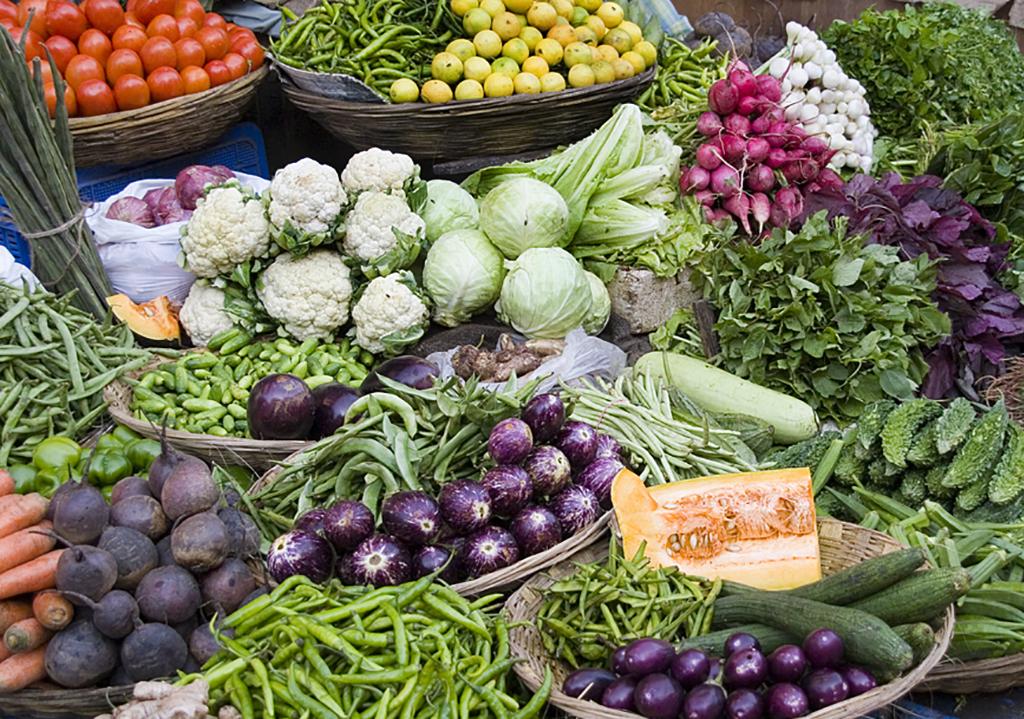4 Mins Read
We all want to eat more organic fruits and vegetables. Unfortunately, shopping in the organic aisle is difficult and costly. How can we make smarter choices about what we eat? The Environmental Working Group (EWG) is here to help. The US-based NGO seeks to inform the public and empower us to shop smart. Every year they release The Clean Fifteen & The Dirty Dozen, two lists that rate the levels of pesticides in conventionally grown fruits and vegetables and guide consumers on when to buy conventional produce (=the Clean Fifteen) and when the organic version is a safer choice (=the Dirty Dozen). They have just come out with the 2014 lists, see below for full details. It is worth checking out their website too- it has some great factoids such as which food tests highest for pesticides by weight (potatoes), and which fruit comes out cleanest (avocados).
In an exciting new development, the Dirty Dozen list has now expanded beyond pesticides and includes some foods that contain dangerous levels of insecticides- they are called the Dirty Dozen Plus and include kale/collard greens and hot peppers. That’s right, everyone’s favourite dark leafy green, AKA kale, should be organic where possible. For more information on where to buy organic kale in Hong Kong, check out our dedicated post on the subject!
Green Queen wants nothing more than to help you make cleaner choices right here in Hong Kong our list of Organic Fruit & Veg Shops as well as our Organic Fruit & Veg Delivery subcategory.
Dirty Dozen Plus
These items are most likely to contain high levels of damaging toxins; ideally, buy the organic version.
Apples
Strawberries
Grapes
Celery
Peaches
Spinach
Sweet Bell Peppers/Capsicum
Nectarines
Cucumbers
Cherry Tomatoes
Snap Peas
Potatoes
Hot Peppers (Dirty Dozen Plus)
Kale/Collard Green (Dirty Dozen Plus)
The Clean Fifteen
Conventionally grown (non organic) varieties of these fruits and vegetables have lower levels of pesticides and are deemed safe to eat.
Avocados
Sweet Corn
Pineapples
Cabbage
Frozen Sweet Peas
Brown Onions
Asparagus
Mangoes
Papayas
Kiwi
Eggplant/Aubergine
Grapefruit
Cantaloupe
Cauliflower
Sweet Potatoes
EAT CLEAN & VOTE GREEN!
Photo credit: via photopin cc.




